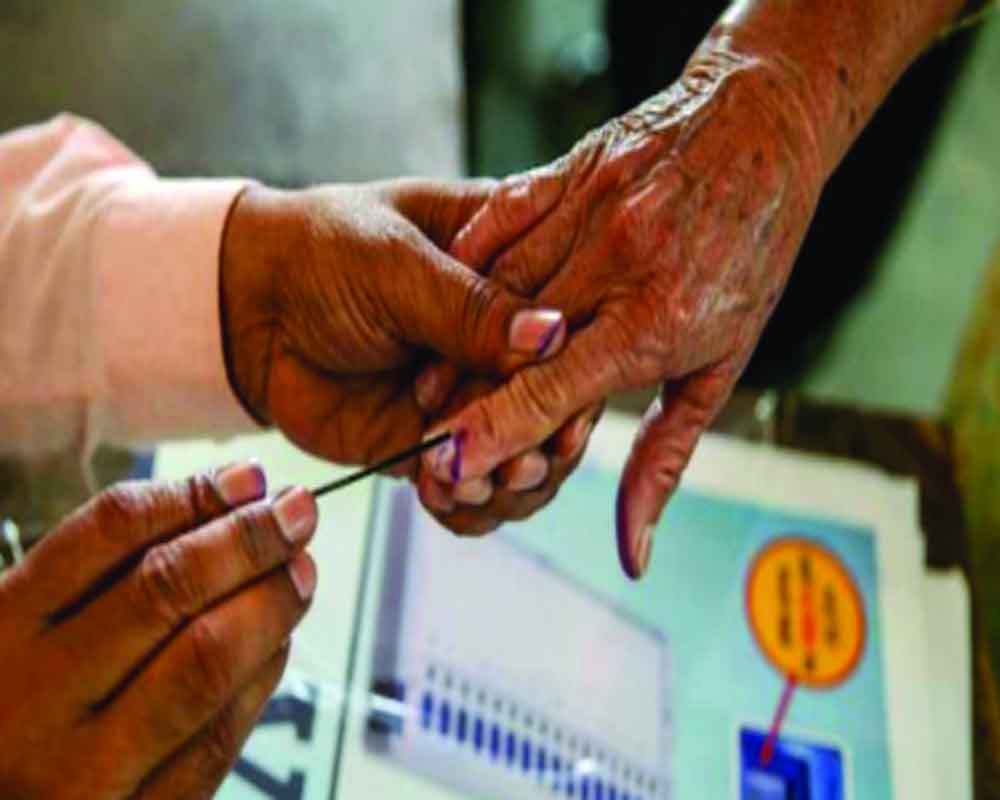All parties must own responsibility for the low voter turnout and work to reverse it
In the ongoing elections, a significant cause for concern has emerged with the low voter turnout, particularly in the Hindi heartland. This trend has set off alarm bells among political parties, forcing them to delve deeper into understanding the root causes of this apathy and strategise effectively to boost participation in the remaining phases. The Hindi heartland holds immense electoral significance. However, the voter turnout here was dishearteningly low on April 19. The polling of over 62 per cent, as per the Election Commission of India’s figure, is lower compared to the first phase of the 2019 Lok Sabha elections, when it stood at 69.43 per cent. The trend is not localised as voting was held in 102 Lok Sabha seats across 21 States and UTs. Was it the summer heat or other pressing engagements? If it is about the weather, it is understandable but if it is political disillusionment, then it is a matter of grave concern. It could well also be logistical challenges such as inadequate infrastructure, long queues at polling booths and difficulties in accessing polling stations. Despite several efforts by the ECI, voters in large numbers chose not to go out to cast their vote. We have had several elections during summers where voters thronged polling stations; so maybe, and it is yet to be validated, voters are losing interest in the political system. Many voters do feel disconnected from the political process, perceiving that their votes do not significantly impact policymaking or address their concerns.
This disenchantment often stems from the failure of political parties to fulfil their promises, leading to a sense of betrayal among the electorate. Traditionally, voting in the urban areas has always been low but now even voters in rural areas are giving it a pass. In such areas, where transportation facilities may be limited, reaching the polling booths becomes a daunting task for many individuals, particularly the elderly and physically challenged. Another aspect of voting in the first phase was zero voting in six districts of Nagaland. It is unprecedented and shocking, to say the least. It might have been a reaction of voters to what happened in Manipur or a call by disrupting elements; either way, it does not augur well for the country. We can agree on a few things which could have resulted in the voter’s cold shoulder. Social and economic factors play a significant role in voter apathy. A large section of the population, especially in rural areas, faces issues like poverty, illiteracy and unemployment, which overshadow their engagement with the electoral process. Furthermore, the prevalence of identity politics and polarisation in the Hindi heartland may have contributed to a sense of disillusionment among voters. Divisive narratives propagated by certain political entities often sow seeds of distrust and alienation among communities, discouraging them from participating in the electoral process. Political parties must prioritise engaging with the electorate beyond election cycles, fostering dialogue and building trust through consistent communication and transparent governance.


























